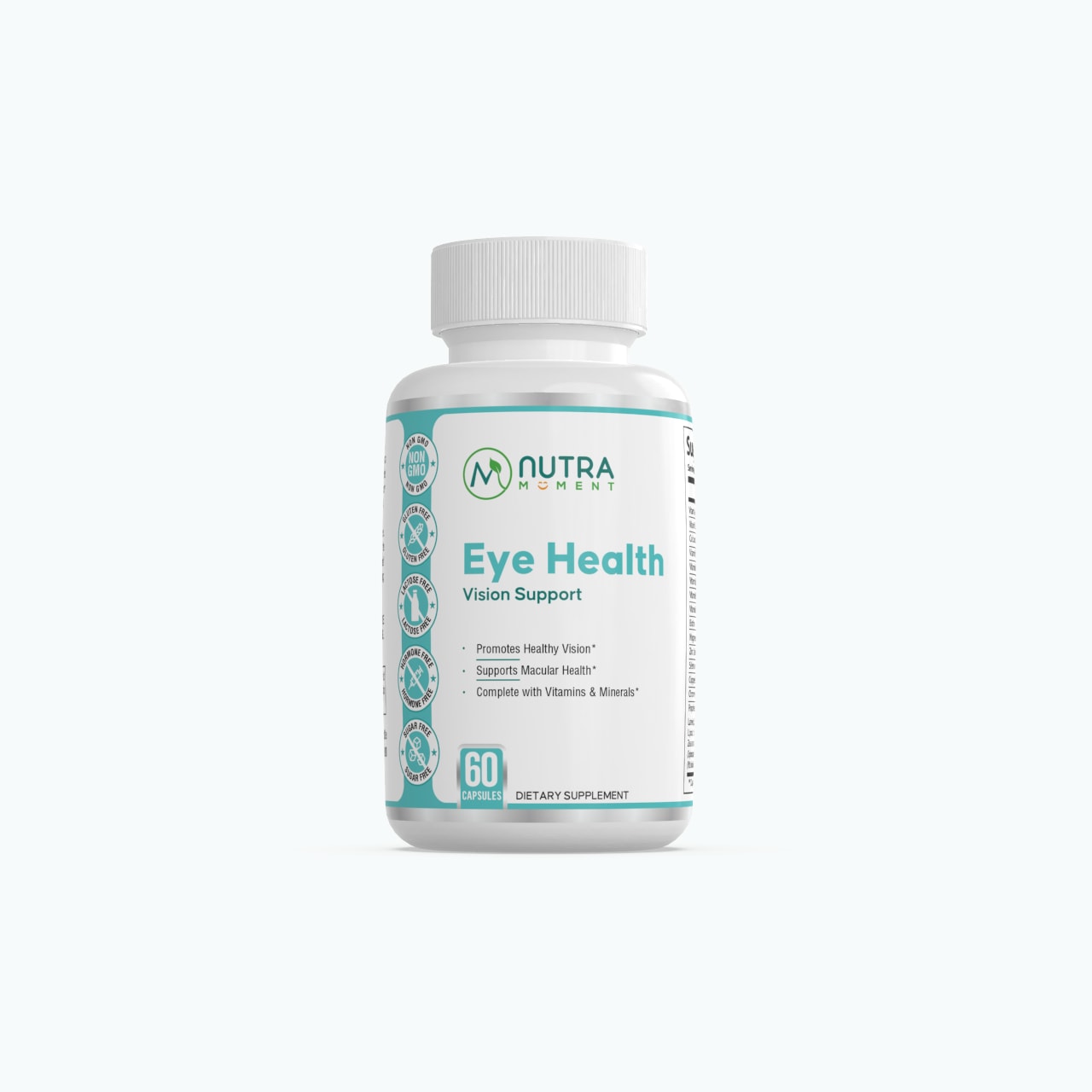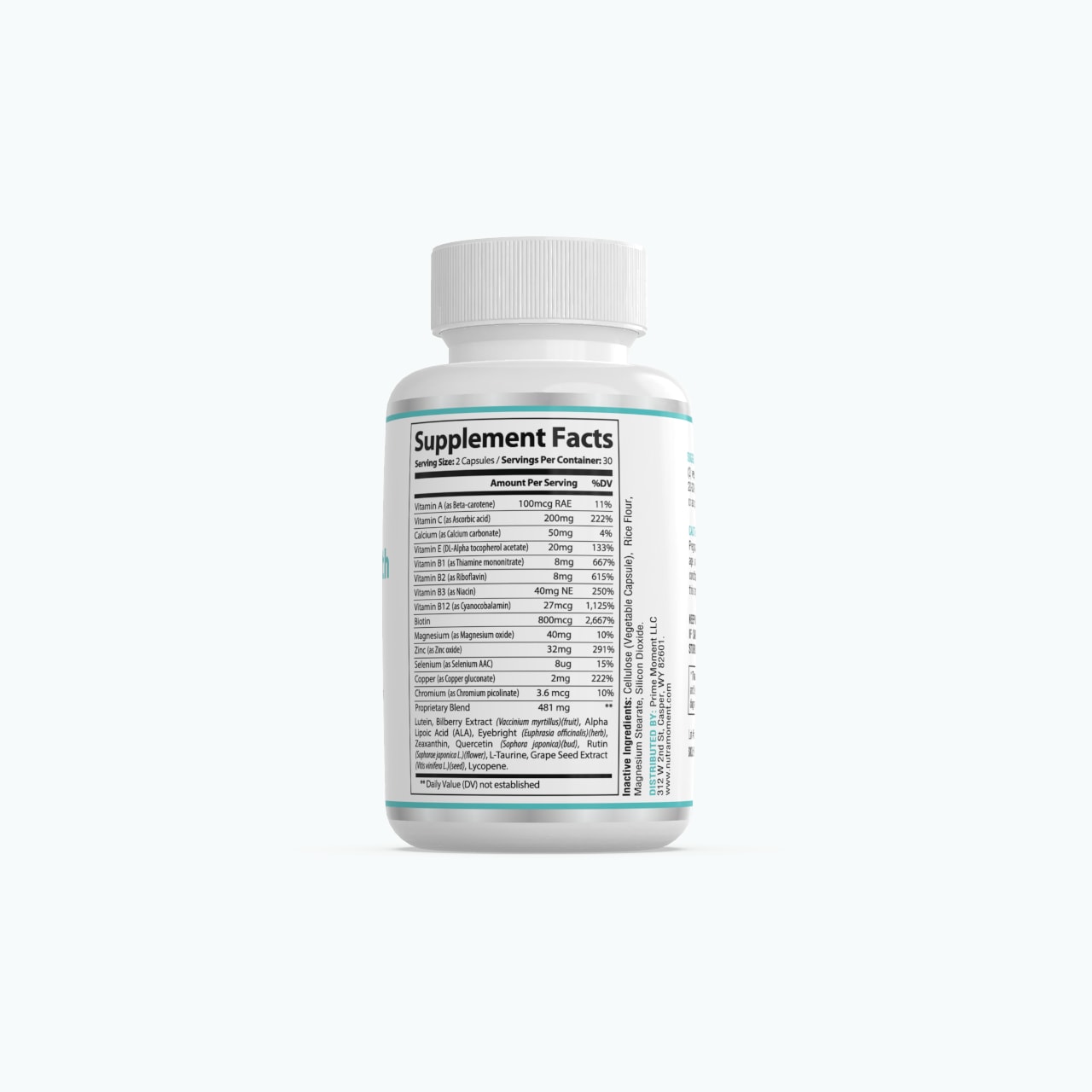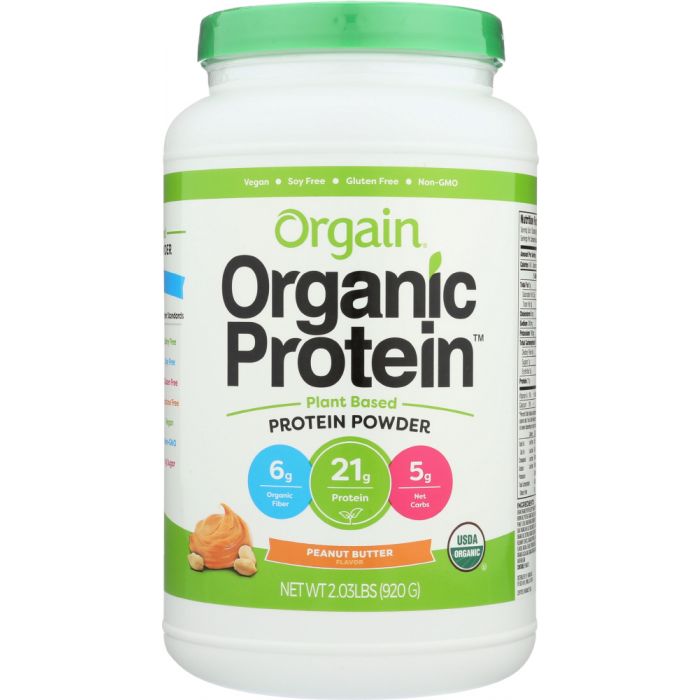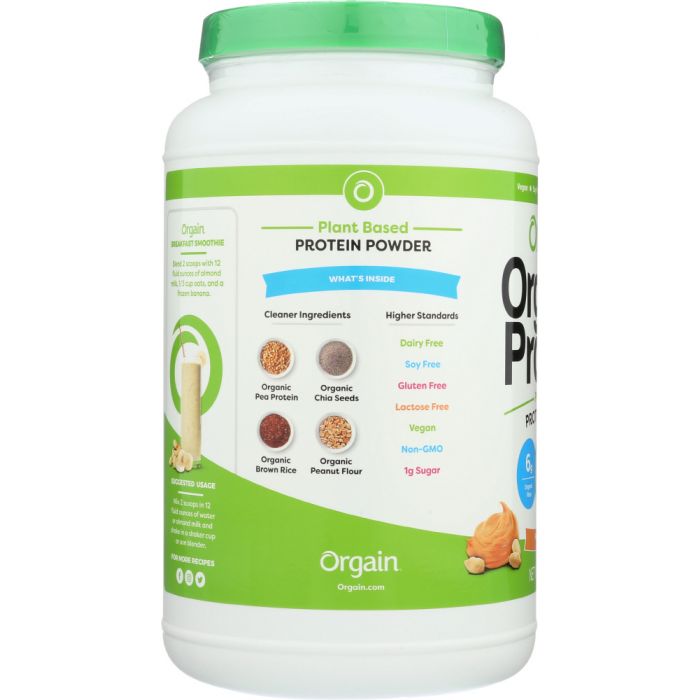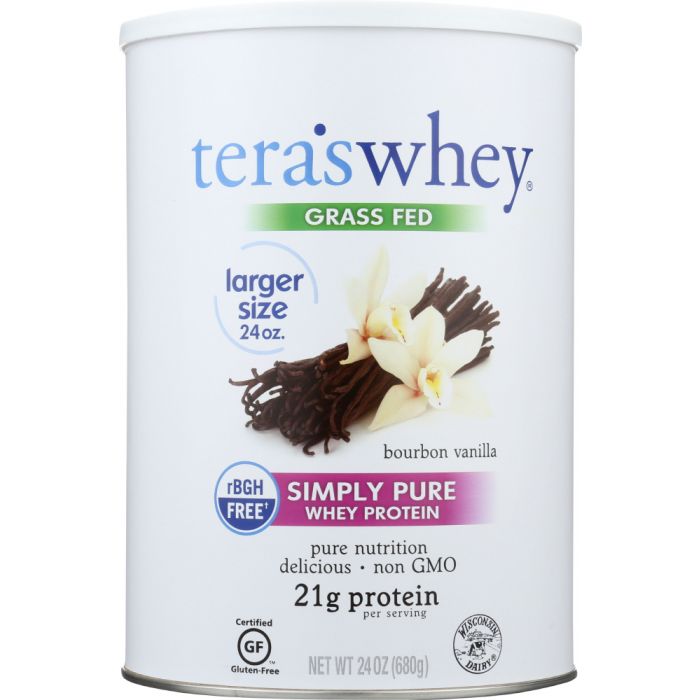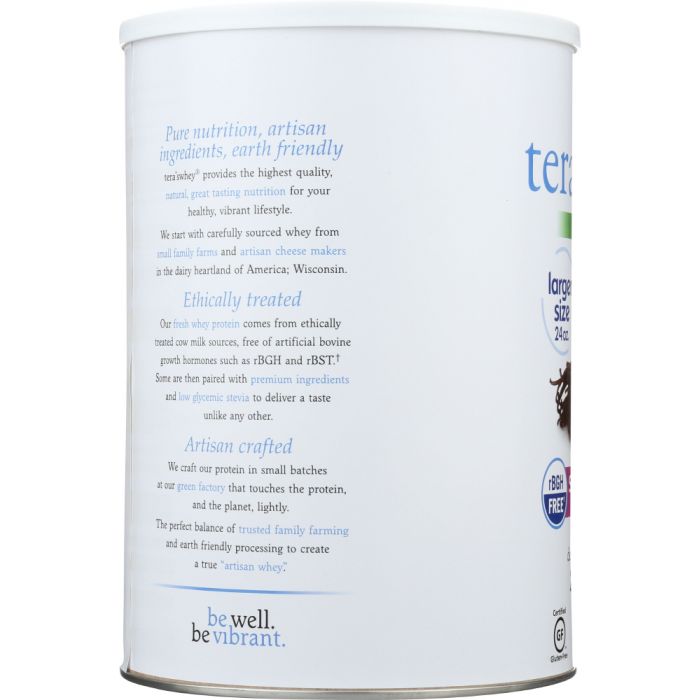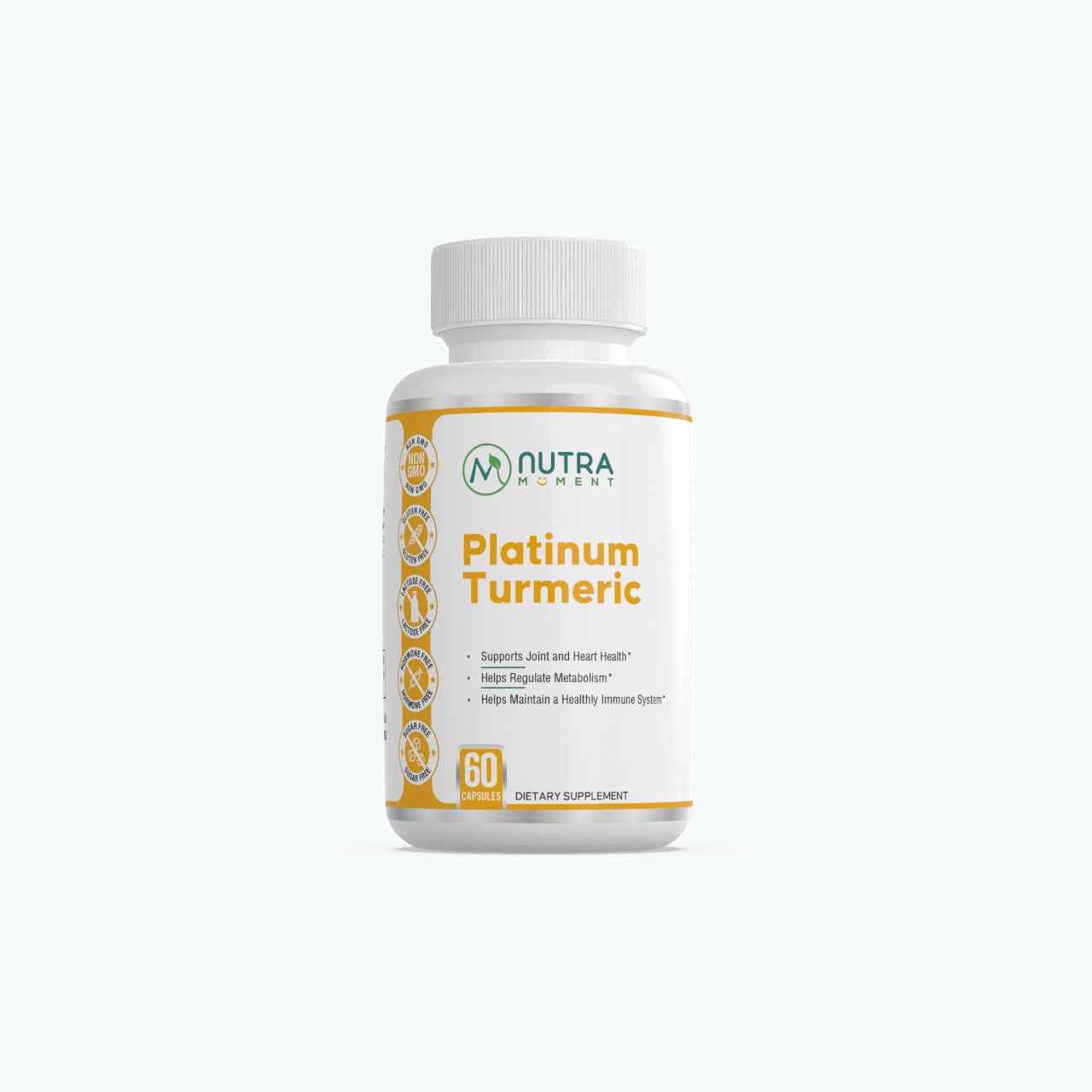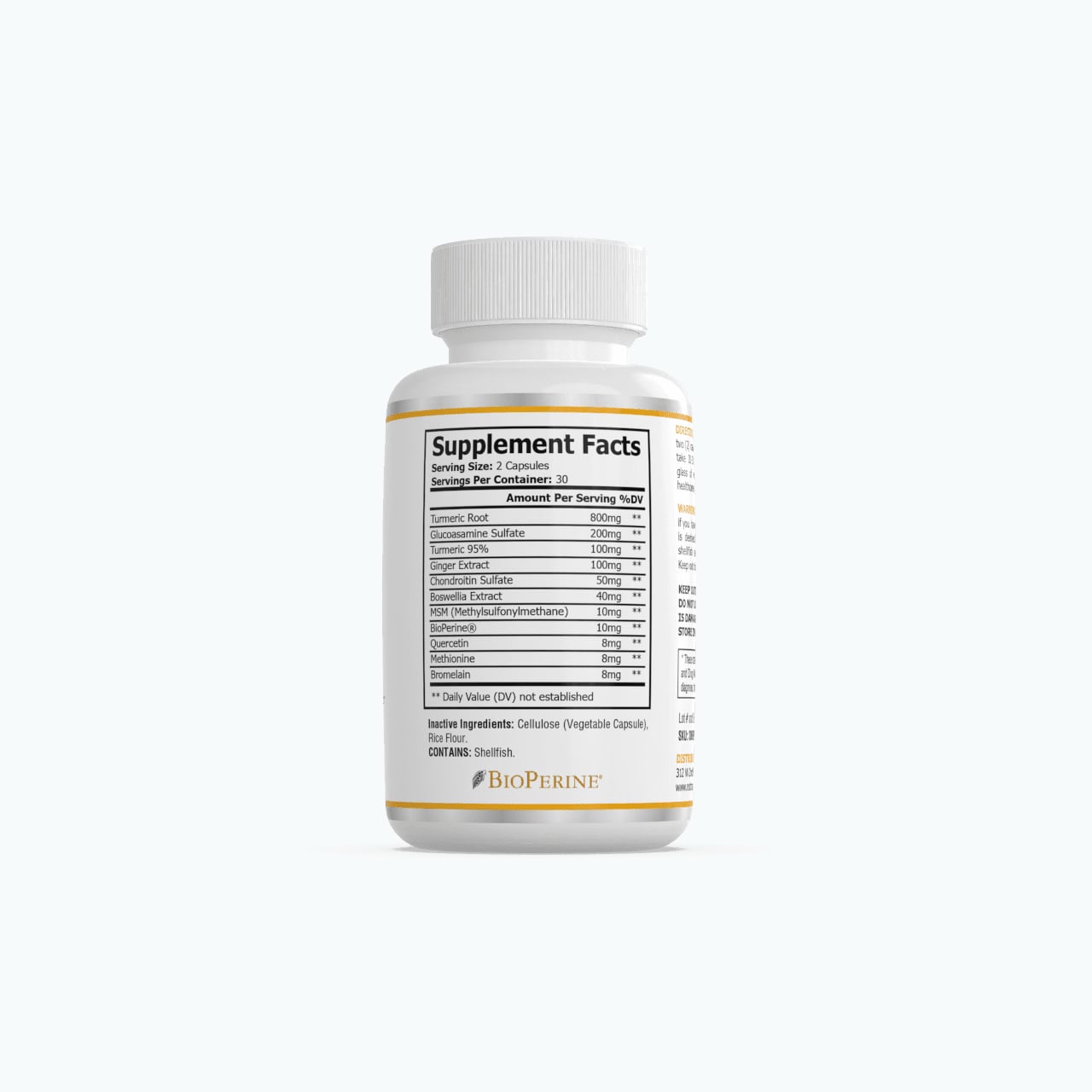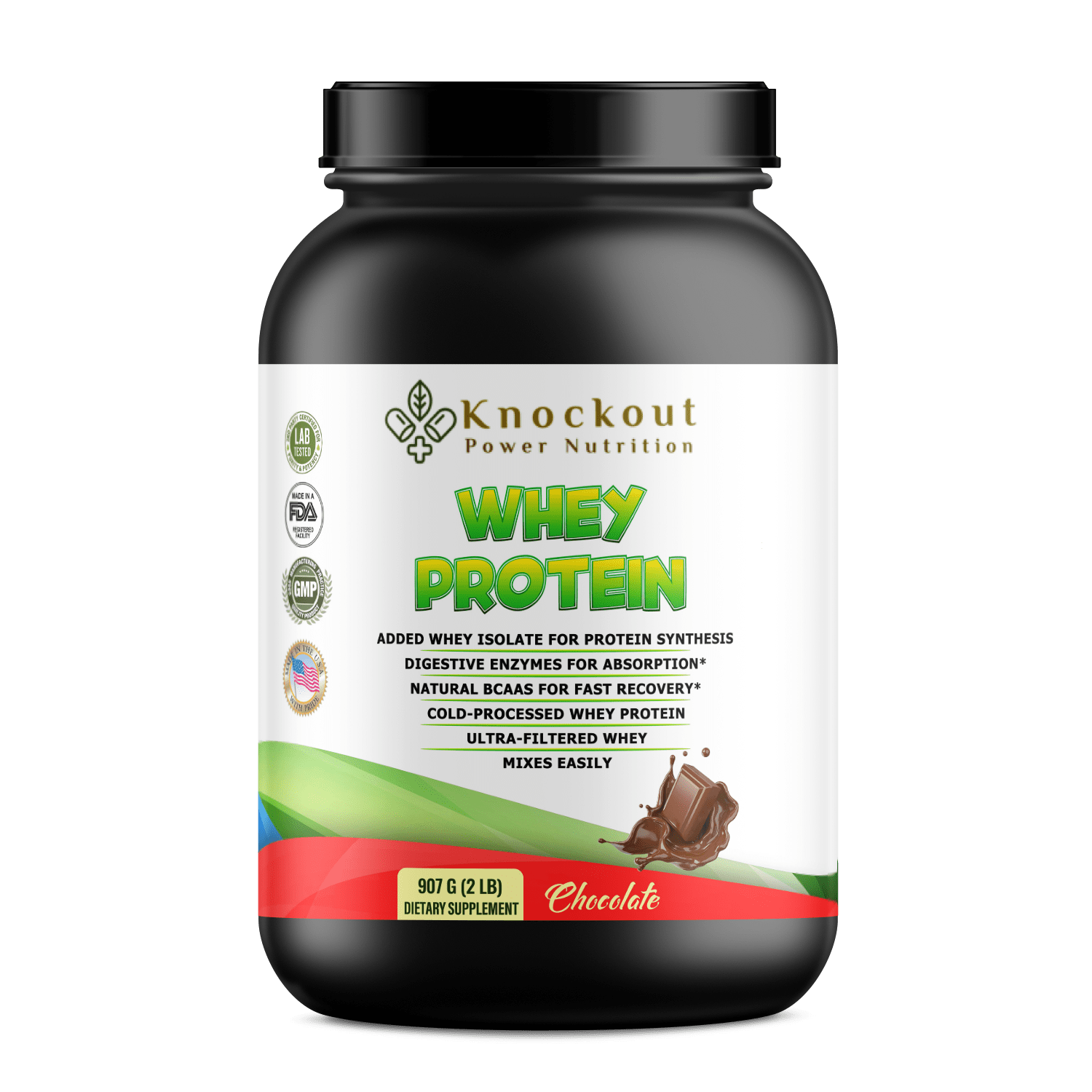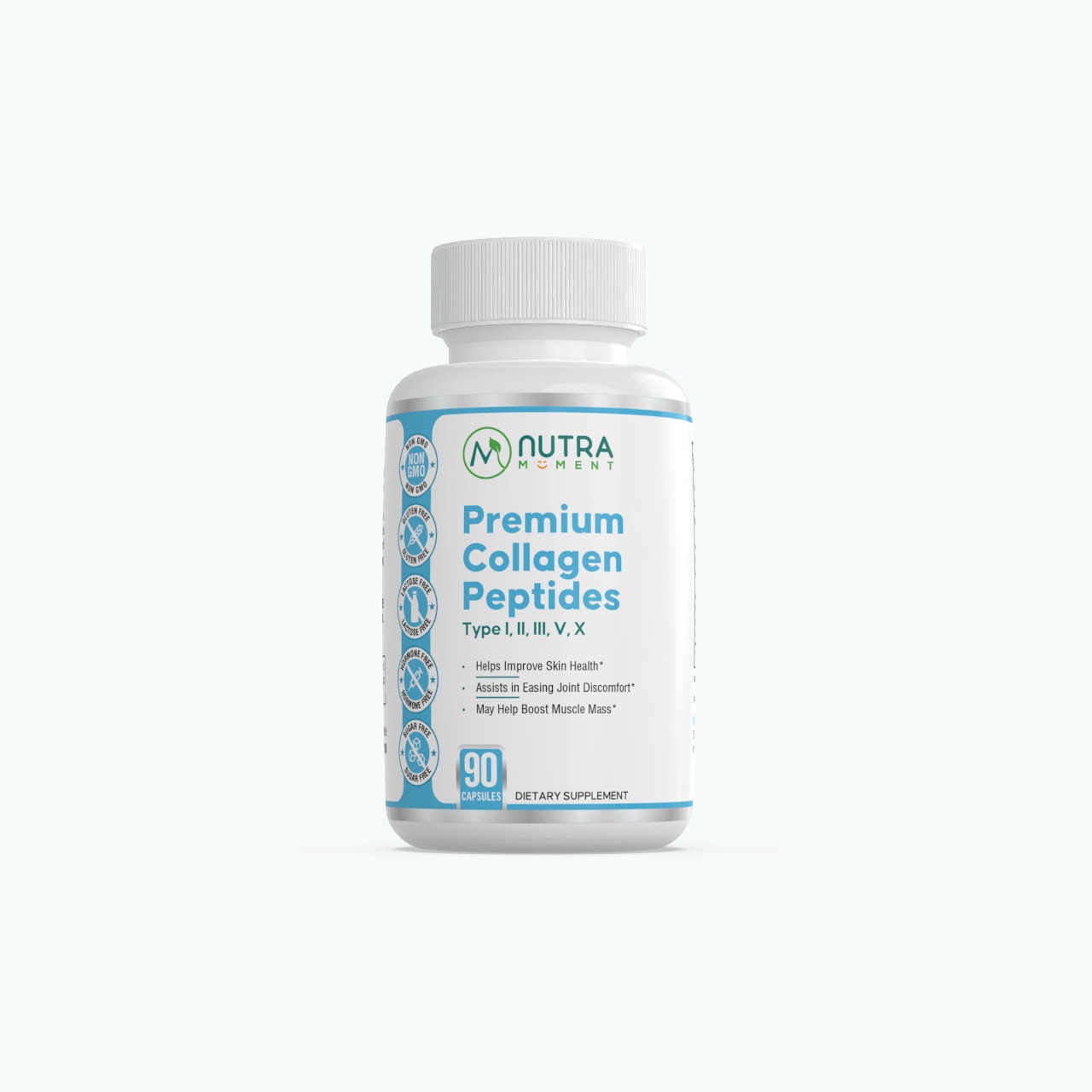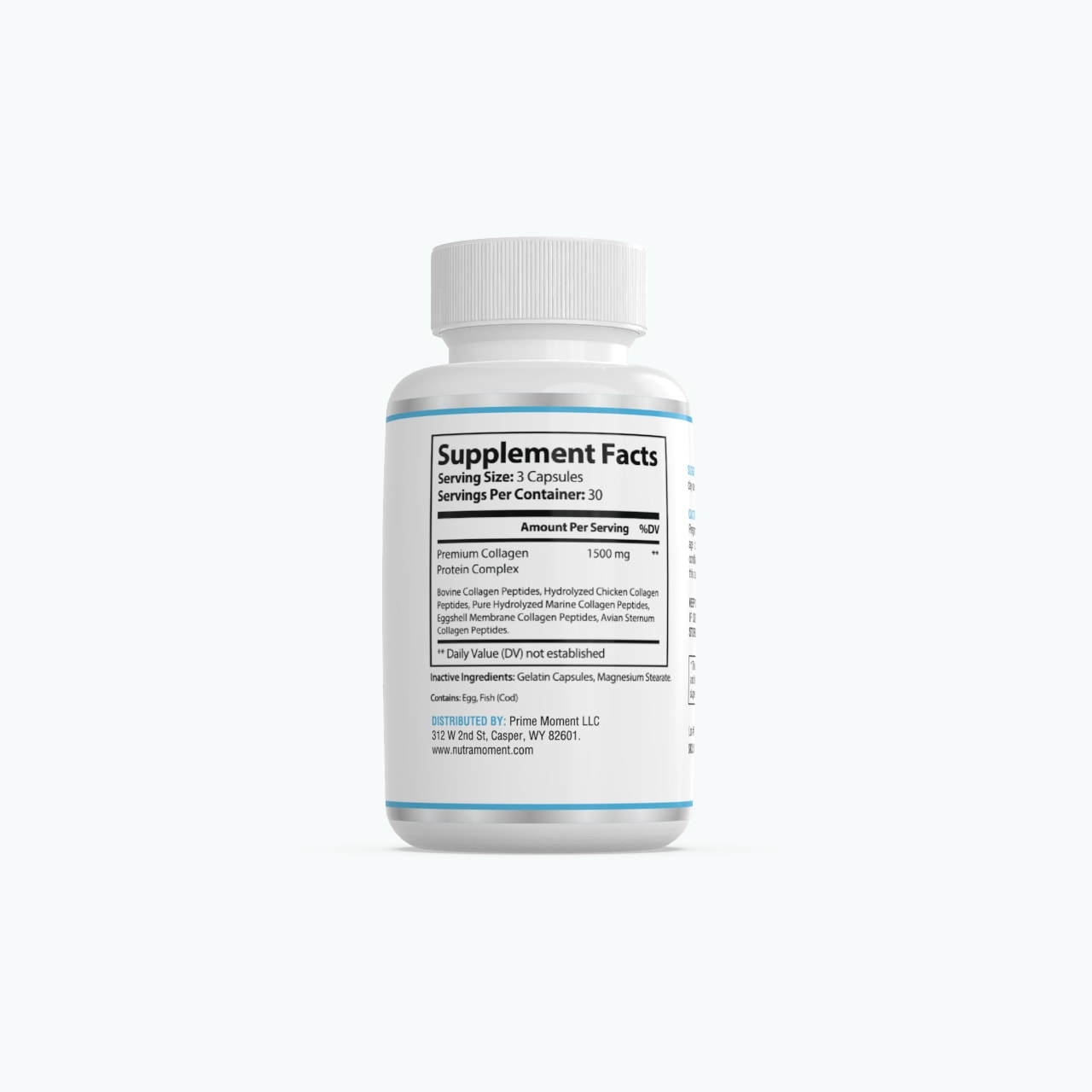Food supplements. We have probably all heard and used this sounding combination of words. Basically, these are preparations designed to supplement our diet with necessary nutrients or other substances. Many will likely see the similarity to medication – taking a pill, powder, liquid or oil every day. But the difference is essential – food supplements do not require a doctor’s prescription – they can be purchased in pharmacies and other specialized stores or online.
When it is Recommended to Use Nutritional Supplements?
Food supplements can be used independently because it is really difficult to get certain nutrients with food every day – most of us have a rather limited diet, and due to the fast pace of life, we may not have time to prepare a variety of dishes. The very desire to get healthy is usually motivated by long-term stress, anxiety, increasing pains in various parts of the body, or other individual reasons.
According to doctors, it is naive to expect that after just a few days of use, food supplements will relieve joint pain, improve sleep, strengthen nails or hair, help regulate digestion, and the like. The improvement, from a purely statistical point of view, comes after a few months but may vary from person to person.
Correct Use - Effective Results
Dietary supplements, although not medicinal products, require a regular regimen, at around the same time every day. Of course, the world will not fall apart if we sometimes forget to take the necessary pill or capsule. But if forgetfulness becomes a habit, you really shouldn’t expect the desired result. It is also necessary to pay attention to the fact that the body needs different amounts of certain vitamins and minerals. Food supplements should be used in accordance with the recommended daily rate, and not as we come up with. If we ignore this recommendation, it is possible to harm the body, or the supplement will not work at all.
Another important aspect is what to take food supplements. The absolute recommendation is to drink water, occasionally juice is also possible. Some nutrients (e.g. vitamins A, D, E, K) are recommended to be taken with food – they are better absorbed with food. When taking B vitamins, you can also take magnesium together – these two substances are perfectly compatible with each other. Just avoid strong coffee or tea. The caffeine in them weakens the absorption of vitamin B.
Food Supplements, Seasonality and the Importance of Nutrition
During the winter season, colds or viral infections often occur, so vitamin C becomes perhaps the most popular vitamin to be taken in the cold season. Next comes vitamin D, which is popularly called simply the sunshine vitamin. During the summer, the body gets enough of it, but in the winter it is really worth replenishing the reserves. In general, the hot season is much more generous for our health and general well-being. The increased amount of sunlight and warmth lifts the mood, and colds are extremely rare.
Nutritional supplements, of course, will not do a miracle if our diet is completely neglected. As mentioned earlier, the rhythm of life often dictates not very convenient conditions for eating well, both due to lack of time and environmental pollution. Unfortunately, today’s foods are not as nutrient-dense as they were, say, 30 or more years ago. Therefore, nutritional supplements can help fill the nutritional gaps that are so missing.
Summary
In conclusion, it can be said that dietary supplements, if used correctly, are really good for our bodies. The most important thing is to follow the golden rules: follow a regular regimen, sensibly limit the number of daily nutrients, and do not forget a balanced diet. And remember: the world has not yet created a pill that could fit absolutely all the substances necessary for a person. It is important to find what is right for you.
Feel free to browse our product catalog and find what can help you become more active.


